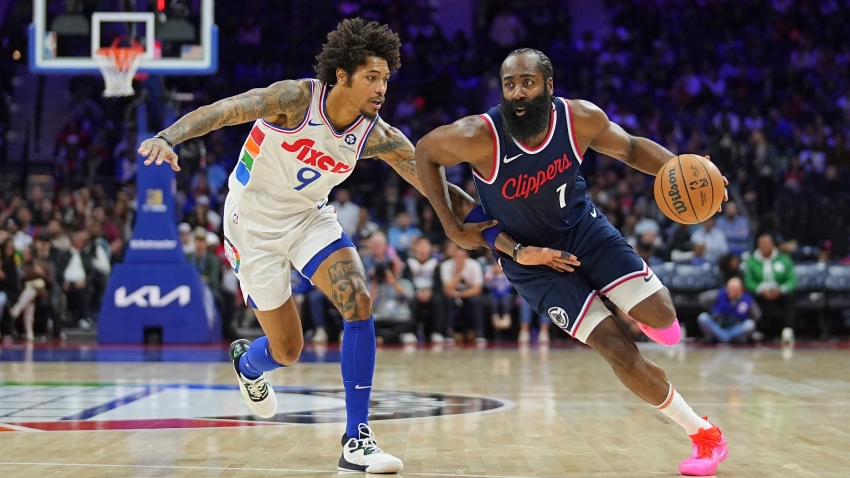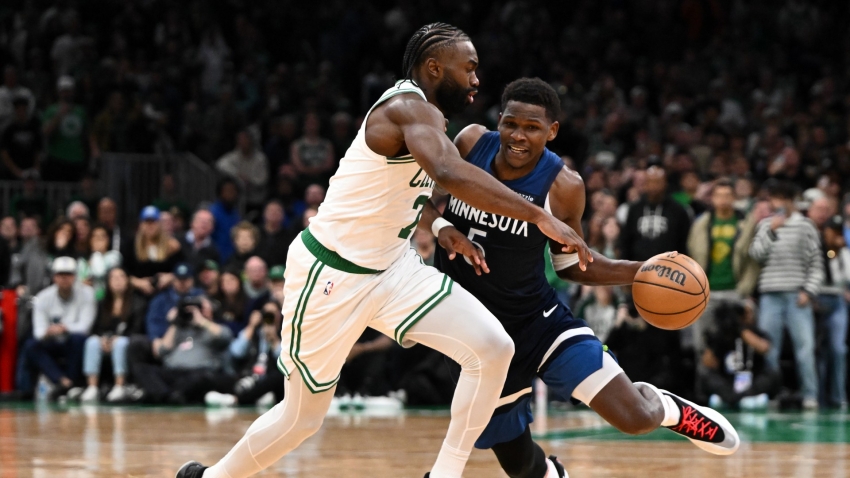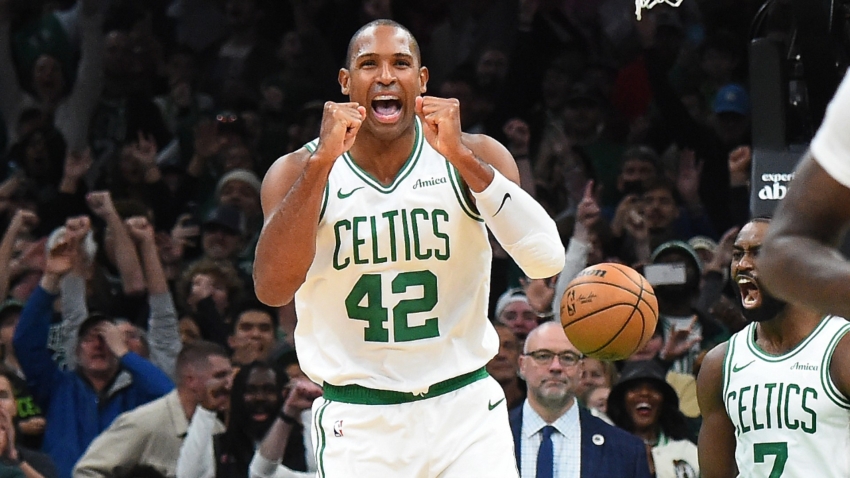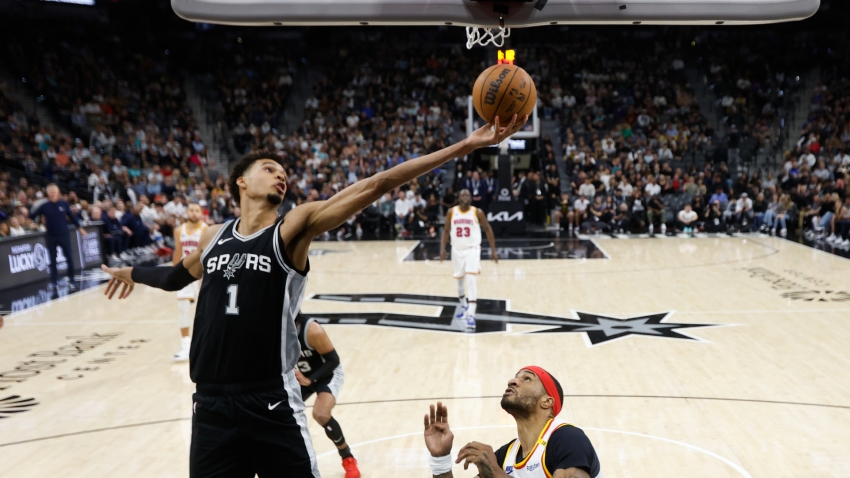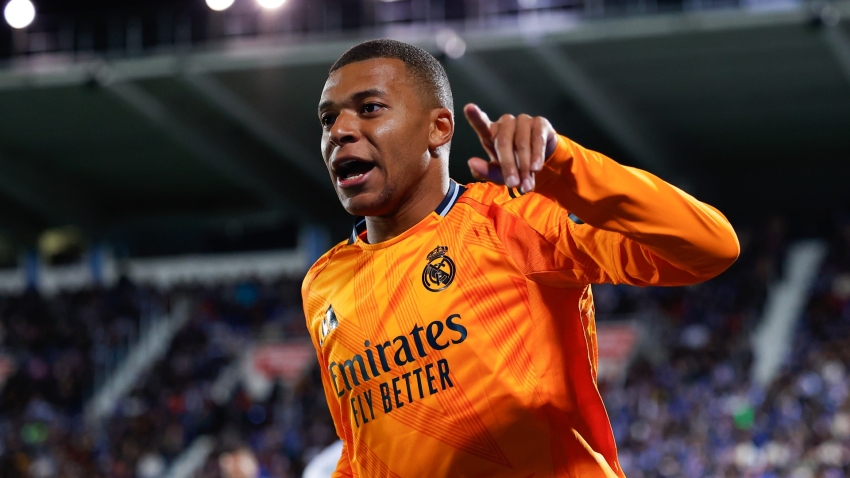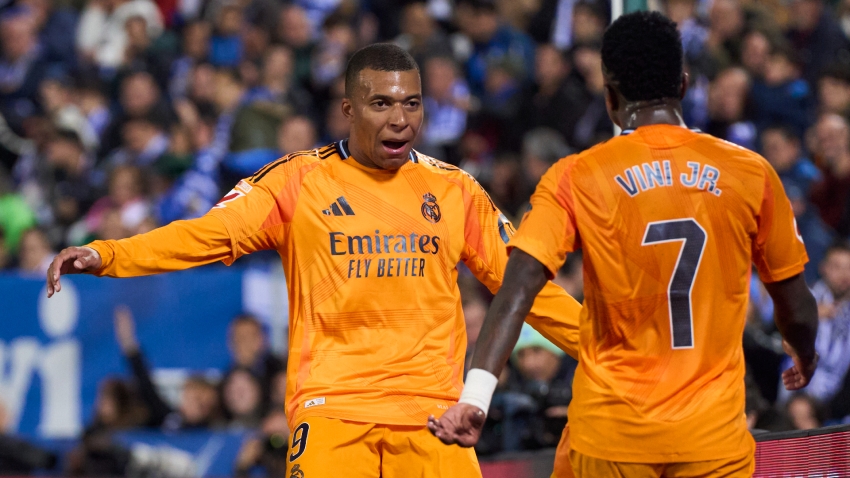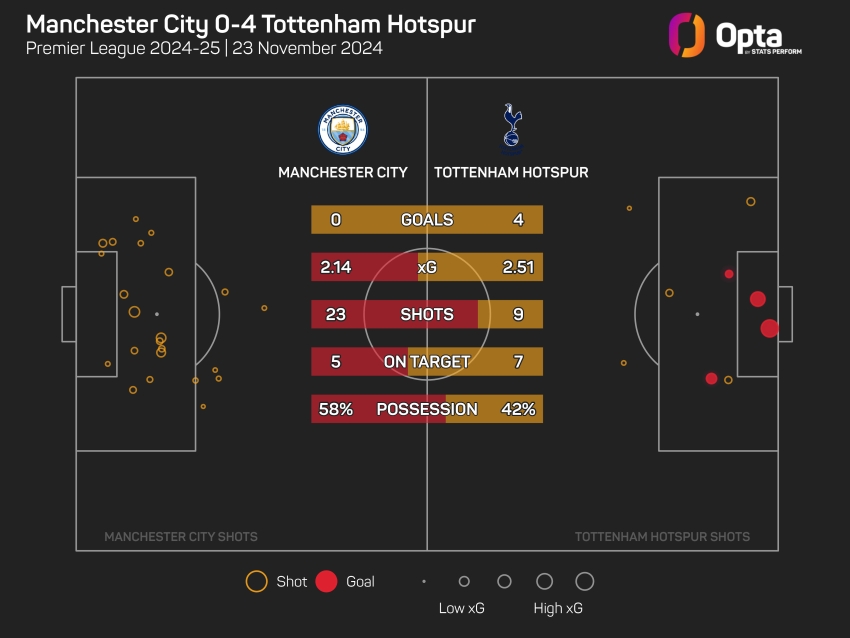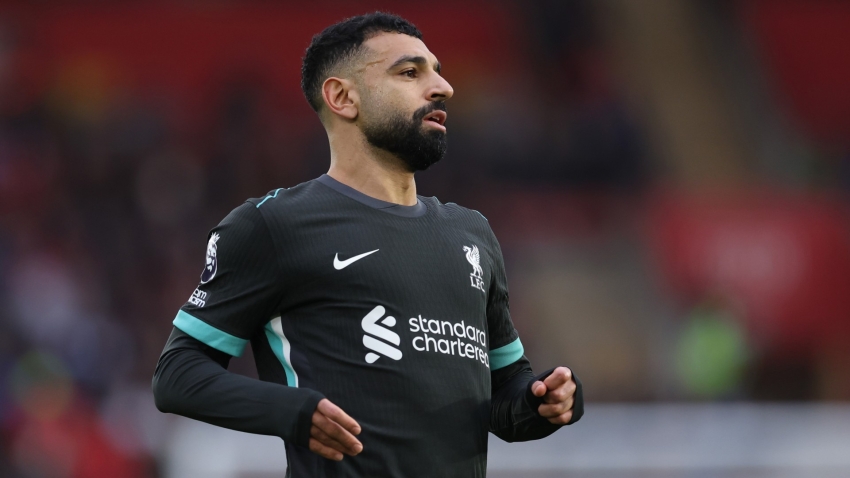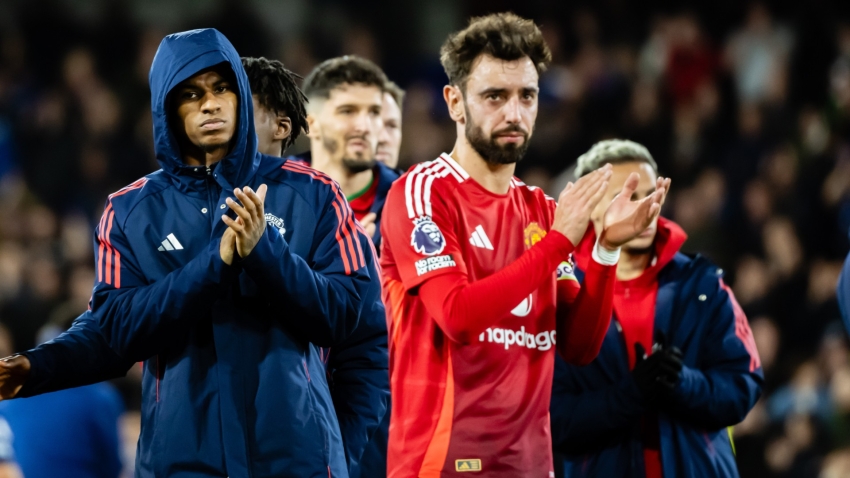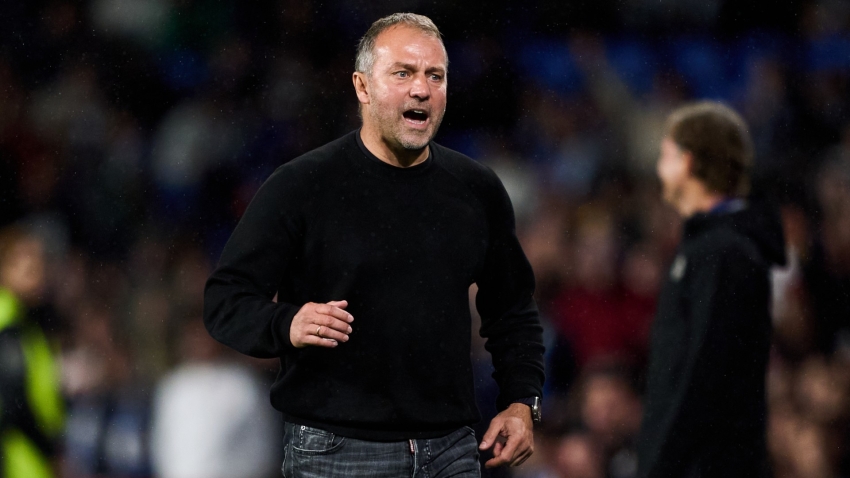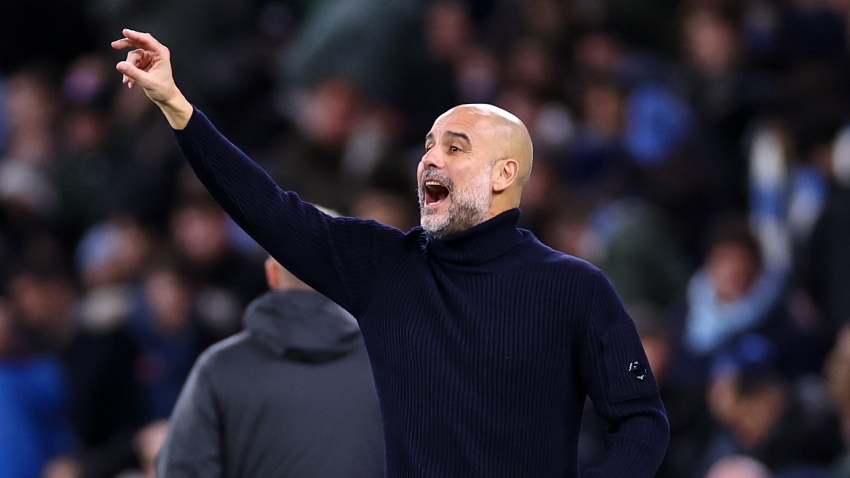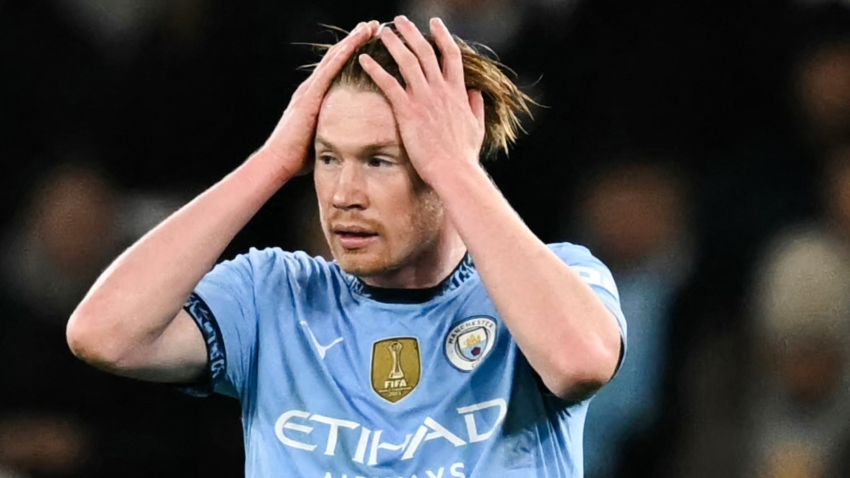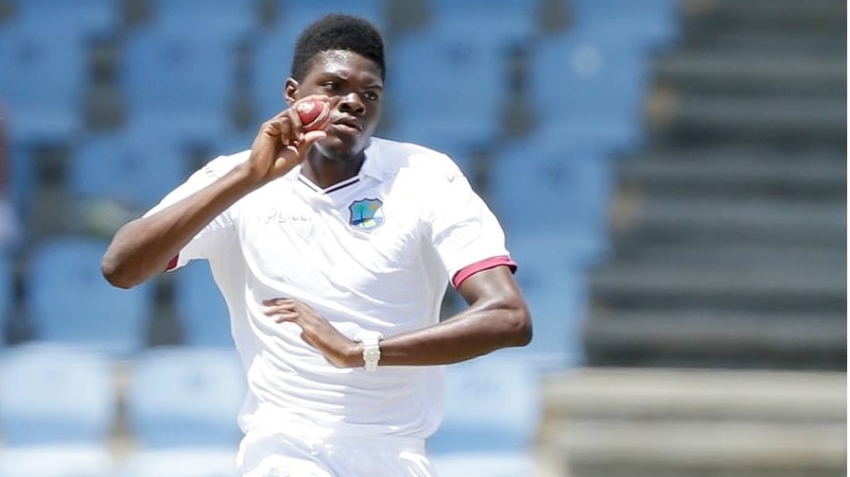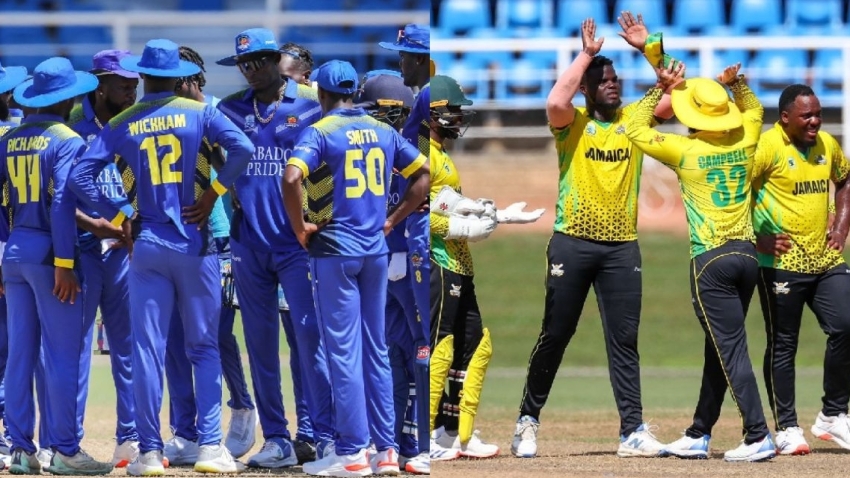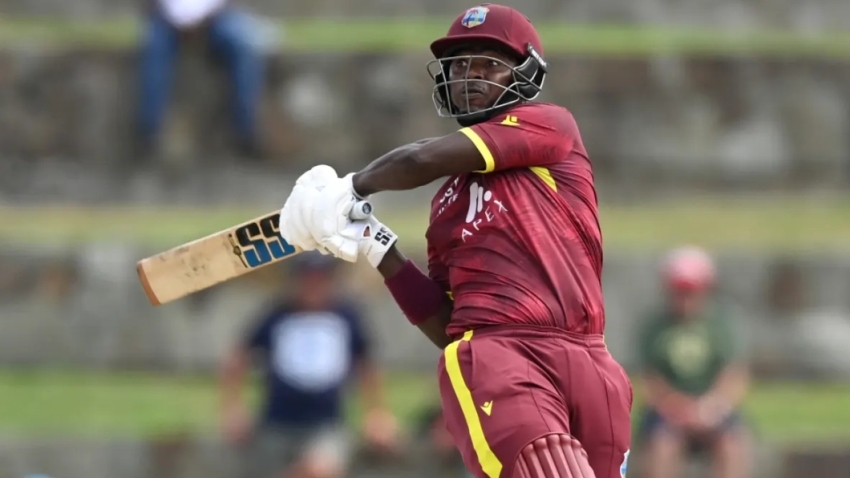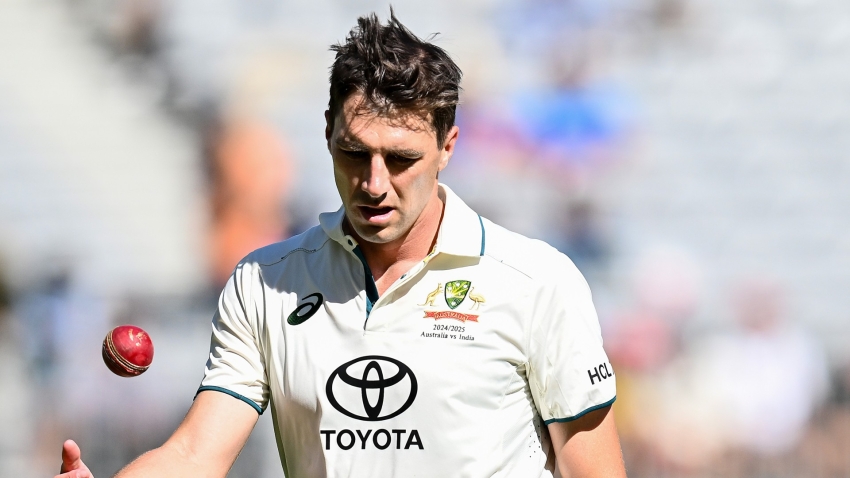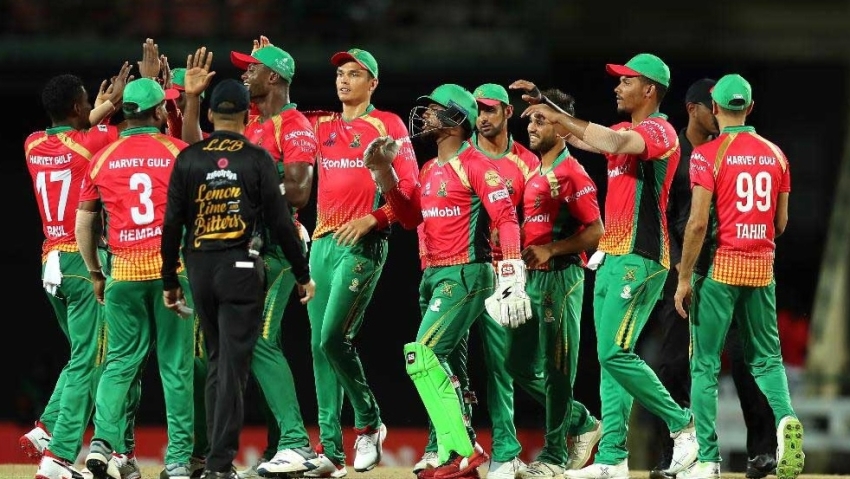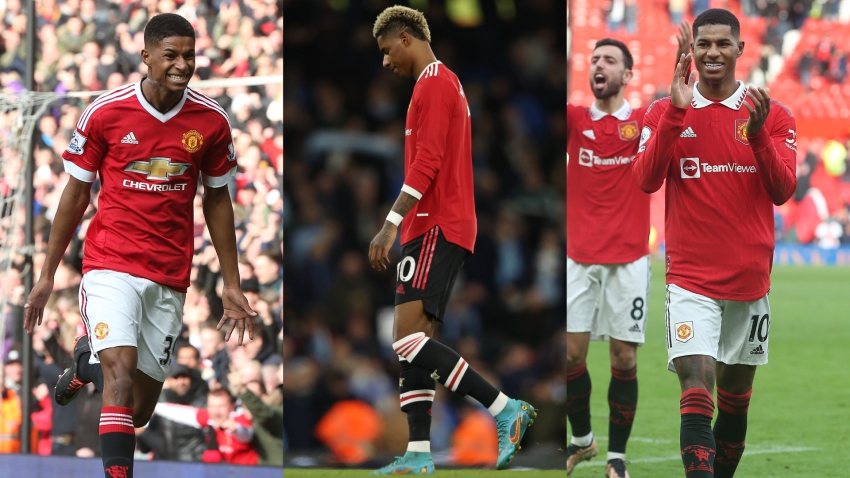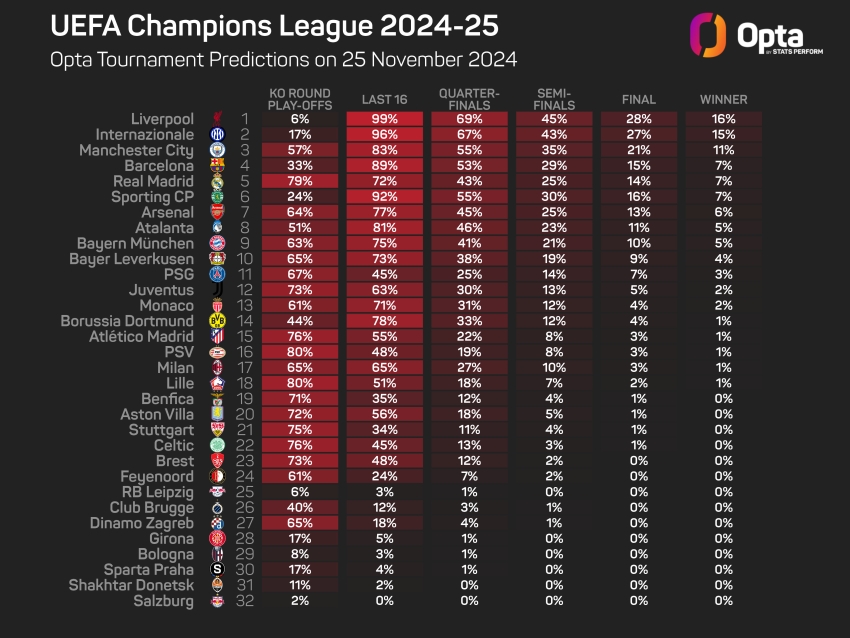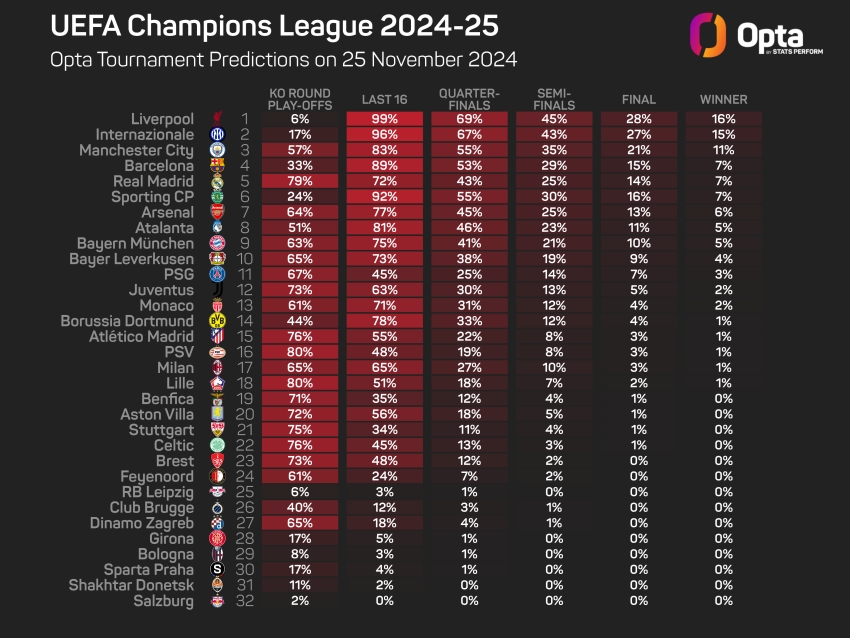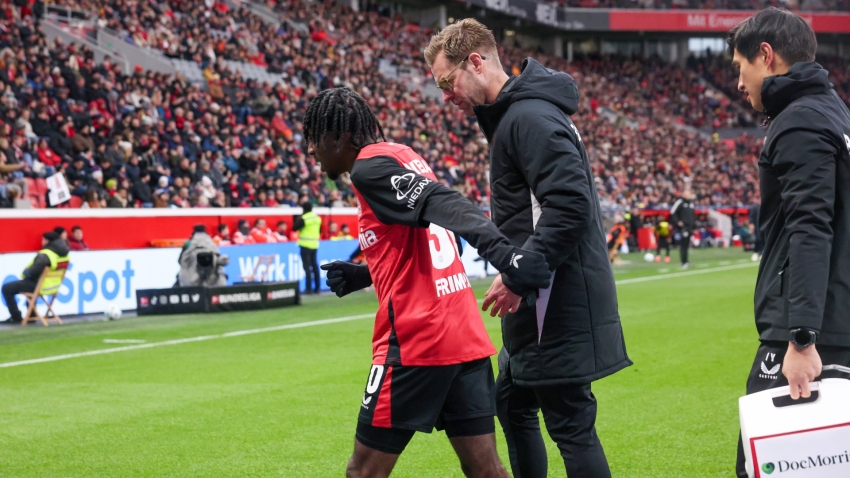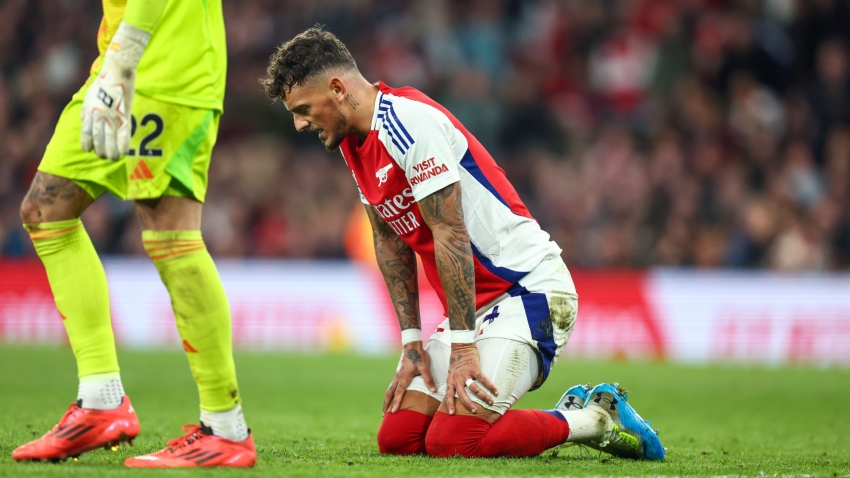It was one of the most memorable breakthroughs by a young player in top-flight European football over the past 15 year or so.
Marcus Rashford stepped into the Manchester United first-team as a skinny 18-year-old amid an injury crisis. After scoring twice against Midtjylland in the Europa League, he followed up with another brace on his Premier League debut three days later.
Arsenal were on the receiving end as Rashford's first-half double helped United to a 3-2 win at Old Trafford in February 2016.
It was an introduction that promised much, such was his prodigious ability and remarkable speed.
But as he prepares to face league leaders Arsenal again on Sunday, there's a feeling he's only now beginning to fully realise his potential.
Full circle
The 2021-22 season was an utter shambles for United. They failed to finish in the top four, setting a new club record for the fewest points in a single Premier League season.
In a failing team with so many issues, it was no wonder few players could excel. But the outlook for Rashford seemed particularly bleak.
He ended with only 13 league starts over the season, the fewest since 11 during his breakthrough campaign.
There had been a degree of optimism when he finally had surgery on a troublesome back injury. He'd not looked his usual dynamic self for a while, though it was hoped this operation would set him straight even if it meant missing the first two months of the season.
He scored on his return, a 4-2 defeat to Leicester City, and then got another two weeks later as United beat Tottenham 3-0, but this was something of a false dawn. By the end of the season he found himself regularly missing out in favour of Anthony Elanga, and he concluded the campaign with just four Premier League goals.
With upheaval in his personal life, the stress of his part in England's Euro 2020 failure and the subsequent reaction, it was a complicated time. It got to the point where he sought help from a psychologist after Euro 2020, such was his inner turmoil.
Pundits told him to leave, convinced Rashford and United couldn't rebuild each other – but, here we are in January 2023, with the England forward something of a poster boy for a seemingly promising new era at Old Trafford.
A fresh start
Only Rashford will know for certain what's changed the course of his United career, but there's little doubt something happened.
Whether it simply came down to being in a better mental state, as aided by off-field stability, or if it was something more deliberate, perhaps he'll open up one day.
But he took it upon himself to train at Nike's headquarters in Oregon last year before pre-season, and his comments while on United's tour of Thailand and Australia painted a picture of a man relishing a new era with Ten Hag.
"I think we can do a lot together," he said in July. "For me, it's a fresh start and something I am looking forward to. I'm in a good place right now and I'm just looking forward to getting more games under my belt.
"It's been a bit unnatural for me to have such a long break in the summer. This is my first year where I have been with the team from the beginning [of pre-season]. And, to be honest, I already feel a lot better than usual when you go on internationals and you come back midway through the pre-season."
Again, it's rarely possible to definitively prove from the outside what the decisive factors are behind such improvements in football, but the results speak for themselves.
His recent run of scoring in seven successive appearances (all competitions) was the best such run by a United player since Cristiano Ronaldo in April 2008.
New-found maturity
Being in Ten Hag's team most weeks won't have hurt Rashford's continuity, but he's still had to earn that role in the team – the Dutchman has already shown he's not afraid to drop players.
Overall, Rashford appears to be playing with greater maturity as he operates in more threatening areas and with improved efficiency.
His average of 5.6 involvements in open-play shot-ending sequences every 90 minutes is more than any of the previous three seasons – 2.2 of those situations are instances of him having the shot, which is also a high over that period.
So not only is Rashford relishing greater influence generally, he's also displaying more decisiveness in terms of opting to shoot, which stands to reason given his goals frequency (excluding penalties) of 0.47 per 90 minutes is the second best of his Premier League career.
Of course, a key component of Rashford's game ever since his breakthrough has been ball carrying. Even if he's not the best dribbler, his pace makes him a real threat when running with possession.
This season, he's carrying the ball less (8.5 carries per 90 minutes) often than any of the previous three campaigns, yet his record of 1.2 shot-ending carries per 90 is higher. It's another sign of maturity, with Rashford picking his moments better, but also confidence: his 20 shot-ending carries is already four times his tally from last season.
That also feeds into his general decision-making. He's actually averaging the fewest touches in the box of his top-flight career (5.5), but his total shots in the area (2.1) and attempts on target from the same range (1.2) have never been higher.
It's no surprise then that Rashford's expected goals (xG) per 90 minutes of 0.43 is the second-best of his Premier League career. This can be partly explained by his overall shot frequency (2.8) being slightly above his average (2.5), but it's also evidence of his shot selection improving and him finding better positions off the ball.
We shouldn't forget Rashford was also a standout for United in 2019-20 before a difficult couple of years. One difference now, however, is Ten Hag has already made United far more functional as a unit. They're a better team made up of better individuals.
Rashford made his breakthrough against Arsenal; more heroics against the Gunners might just be a sign of him and United taking a step towards another level.


